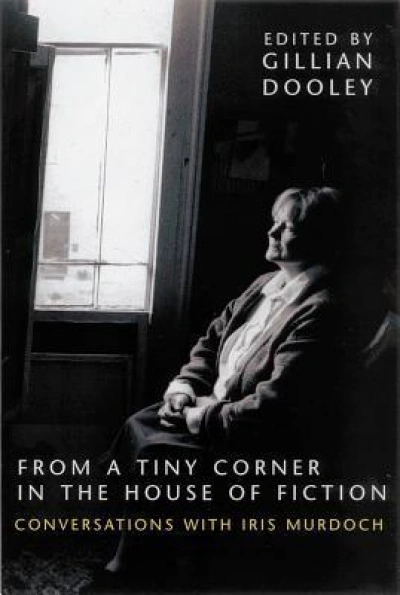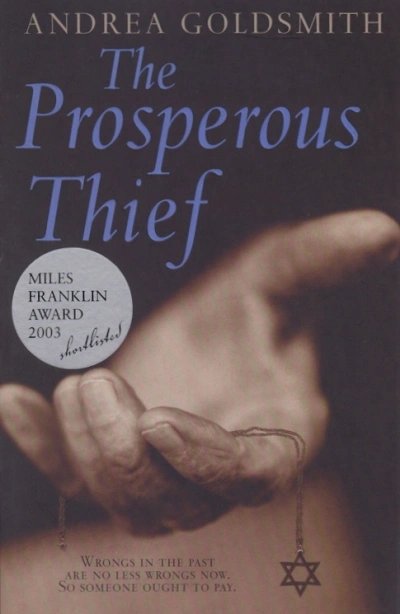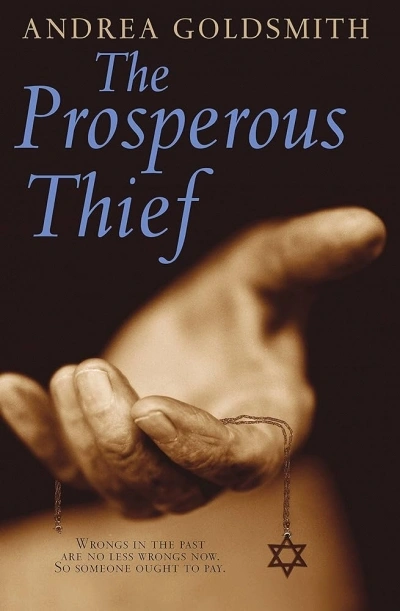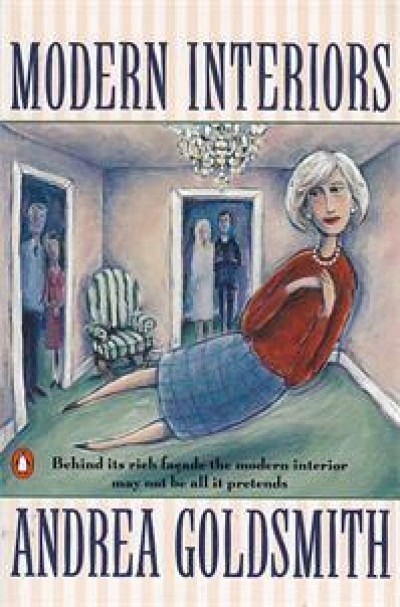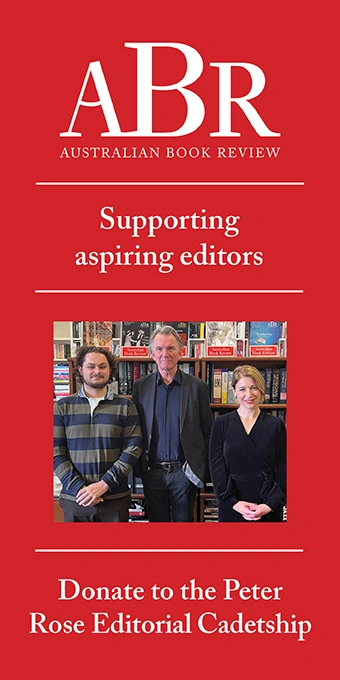Andrea Goldsmith
From a tiny corner in the House of Fiction: Conversations with Iris Murdoch edited by Gillian Dooley
I am reading Robert Fagles’s translation of the Iliad (Penguin, $26pb, 0 14 027536 3). Achilles is sulking in his ships while the Trojans and Achaeans slaughter each other. Choreographing the moves with astonishing wilfulness are the self-serving, all-powerful gods. The brilliance of the poetry keeps the brutality always in the high beam. Every spear thrust, every disembowelment, every spillage of brains, every spurt of blood is revealed with lyrical clarity. The violence is unrelenting; this poem is almost unbearable.
... (read more)I am reading Robert Fagles’s translation of the Iliad (Penguin, $26pb, 0 14 027536 3). Achilles is sulking in his ships while the Trojans and Achaeans slaughter each other. Choreographing the moves with astonishing wilfulness are the self-serving, all-powerful gods. The brilliance of the poetry keeps the brutality always in the high beam. Every spear thrust, every disembowelment, every spillage of brains, every spurt of blood is revealed with lyrical clarity. The violence is unrelenting; this poem is almost unbearable.
I’ve read the Iliad before but don’t recall turning soft halfway through. I grant it was a long time ago; I’ve never had the desire to revisit it as I have the Odyssey. I take down Rieu’s prose translation in the Penguin classic edition. It falls open towards the end of Book XIV; my annotations have stopped a good deal earlier. I suppose one can imagine reading a classic, particularly one so well known, although I confess it is not an explanation that appeals. But, even if it were true, I am curious as to why I feel so overwhelmed now.
... (read more)On a weekend when the Melbourne Age and the Australian could muster barely three book pages between them and only one review of a work of fiction, I went to an exhibition of Juan Davila’s recent work. The paintings were visceral, fierce, transgressive, shocking. Here was art disdainful of demands for beauty, art that took the notion of aesthetics into the dungeons of the mind. And it set me on edge.
... (read more)

